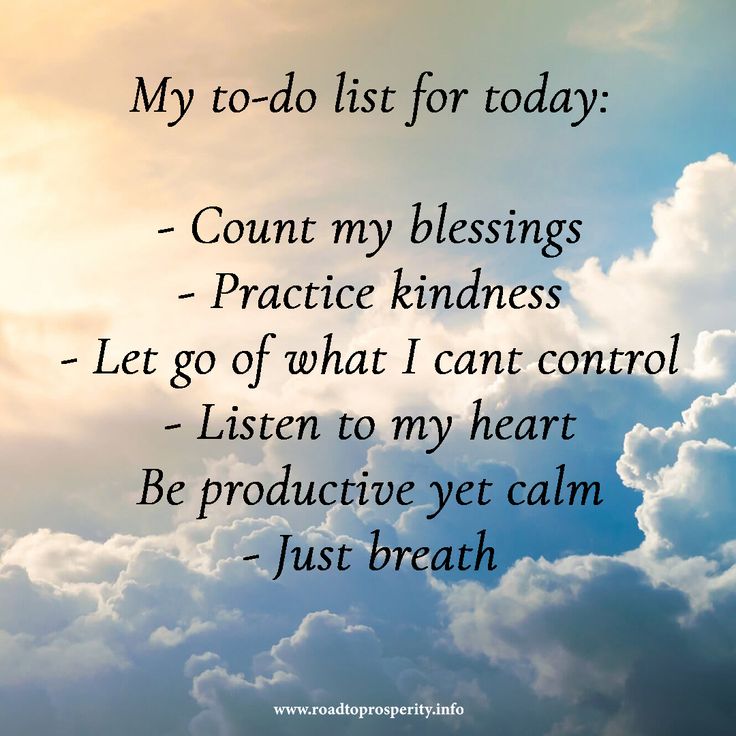I believe very strongly in the power of thoughts and words as it relates to my health. I say this because I have lived with a painful chronic neurological movement disorder called dystonia for over 20 years and the way that I think about things and the way that I process life events impact my physical symptoms. I think most of us with this and other health conditions would agree.

We would all probably attest to the fact that stress exacerbates any type of health condition. What is so important to understand is that the same goes for the words we think and say because every word we use creates some kind of feeling within the body or is generated from a feeling. In other words, no pun intended, there is no stress. Just stressful thoughts. We can choose words that make us feel good or choose words that make us angry, sad, anxious, indifferent, and the list goes on and on and on.

When we live with a persistent health problem, how we think is critical to our well-being, because we can either produce or reduce levels of serotonin and dopamine, our “feel good” hormones. Positive thinking can also decrease the production of stress hormones, specifically cortisol.
What is your inner dialogue – the narrative you are telling yourself about yourself every day? This is your mental movie. It is the feature film that plays over and over in your mind. The movie is about who you are: I am fat, my hair is too grey, I have too many wrinkles, I am not smart or funny, I am not lovable, I am not good enough, etc.

Imagine if we talked to other people the same way we talk to ourselves. People would be offended. Would you be friends with this inner voice? If it were sitting next to you on a bus, you would probably change your seat. Why do we talk to ourselves any differently?

Pay attention when your movie is playing and realize that this movie will train you to think more of the same thoughts. I suggest changing your thoughts to rewrite your script and intentionally, consciously design your internal movie to play the way you direct it.
When we don’t use the power of the mind to be at peace with the trials and tribulations of life, gratitude and forgiveness being two excellent positive uses of the mind, we can feel like a victim when faced with tough times. The key to coping successfully with the challenges of life is to acquire the right mixture of practical skills and mental attitudes. By combining these, we can promote a positive, realistic approach to life despite the challenges we face.

Maintaining a positive attitude may seem inappropriate or even infuriating when you are in physical and/or emotional pain and exhausted. However, there are certain attitudes and beliefs associated with people who cope well with adversity:
- Live for today; one day at a time; not in the past or the future.
- Treat problems as challenges to overcome.
- Take pride in your achievements in overcoming challenges.
- Accept the problem and reject “why me?” questioning.
- Take responsibility for your circumstances and don’t blame others.
- Be willing to use all available resources for help.
We need to use terminology that triggers the right attitude towards feeling as healthy as possible. If we change how we view our circumstances, we can change our perspective, actions, and level of joy. When we change how we think, we can change how we feel. When we change how we feel, we make more thoughtful choices about our lives that are in our best interests and in the best interest of others.
As Zig Ziglar said, “you cannot tailor make your situation in life, but you can tailor make your attitudes in those situations.” This perspective helps us remain hopeful in the present moment and about our future. You can read a lot more about these and other topics in my two books, Diagnosis Dystonia: Navigating the Journey and Beyond Pain and Suffering: Adapting to Adversity and Life Challenges.
Be kind yourself because your thoughts are the only tenant living in your brain. Your personal thoughts are your only roommate. There’s nothing wrong with being open about struggling with our faults or venting or complaining every now and then. We must, however, accept the fact that our thoughts and actions are the foundation by which we live our lives, which can be to our benefit or detriment depending on our patterns of thought, so please be very careful.

The biggest and most complex obstacle we will ever have to overcome is our own mind. We are not responsible for everything that happens to us in life, but we are responsible for undoing the self-defeating thinking patterns that undesirable outcomes create. Thinking better takes discipline and practice, and we all need to put in the work. If we accept this fact, it doesn’t make it seem like such a daunting task… and it is good for our health!
Every day is a new day to start fresh. Every day is another chance to change your life. Please remain hopeful. Don’t start your day with broken pieces of yesterday. Wake up, say thank you for the opportunities of this day and only this day, and take that first step out of bed. Let the rest of the day fall into place.








